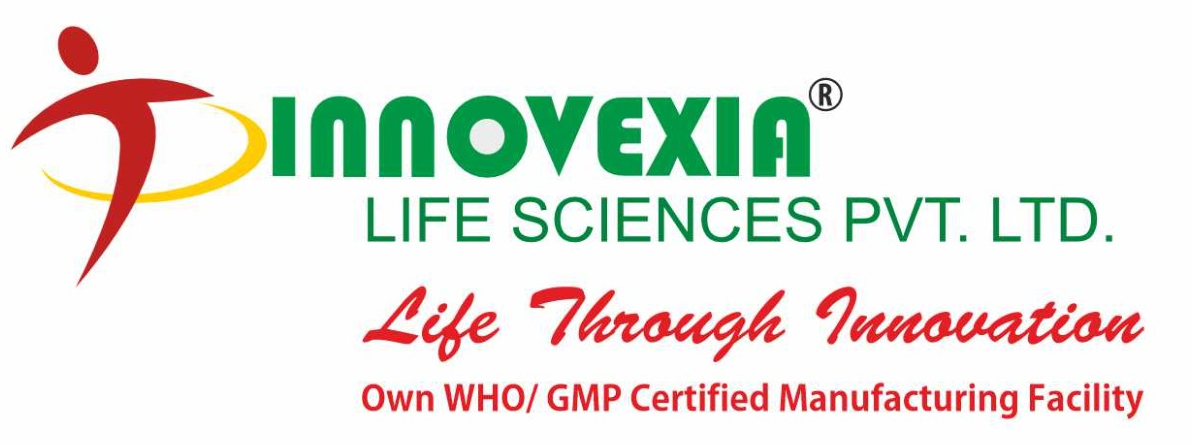A Comprehensive Guide to Launching a Medical Store Business in India
Starting a medical store business in India is a venture that holds immense potential given the healthcare landscape’s continual growth. This guide unveils the essential pillars of a medical store business and outlines the necessary steps to initiate this endeavor successfully.
Pillars of a Medical Store Business in India:
1. Infrastructure: Establishing a well-equipped and organized infrastructure is paramount for a medical store business. A strategically located storefront with sufficient space for inventory, a clean and organized layout, and user-friendly shelving contribute to an efficient operational setup.
2. Investment: Adequate financial investment is a foundational requirement. Budget allocation for store setup, inventory procurement, staffing, licenses, and regulatory compliance should be well-planned to ensure smooth operations.
Types of Medical Store Business Entities in India:
1. Sole Proprietorship Firm: Operating as a sole proprietor offers simplicity and control over decision-making. It requires minimal legal formalities and is a popular choice for small-scale medical stores.
2. Partnership Firm: A partnership setup involves two or more individuals sharing responsibilities and liabilities. It offers a broader skill set and shared financial burden.
3. Private Limited Company: Forming a private limited company provides legal protection and enhanced credibility. It allows for greater access to funding and expansion opportunities.
Mandatory Registration for Starting a Medical Store Business:
1. Eligibility Registrar of Firms: Registering your business with the Registrar of Firms, a legal requirement, establishes your business entity’s legitimacy and allows for smooth operations.
2. Criteria to Get License for Medical Shop under Drugs & Cosmetic Rules, 1945: Acquiring a license to run a medical shop from the competent authority under the Drugs & Cosmetics Act is crucial. This ensures adherence to quality and safety standards in pharmaceutical retail.
Meeting Eligibility Requirements for Acquiring a License for a Medical Shop Under Drugs & Cosmetic Rules, 1945
To initiate the establishment of a medical shop, it becomes imperative for the entrepreneur to secure a drug license sanctioned by the State Drug Control Department. This protocol holds consistent across India’s geographical expanse. The involvement of a duly registered pharmacist within the retail pharmacy store is a mandatory stipulation, and said pharmacist must hold an accredited degree from the state pharmacy council to be recognized as a valid pharmacist. In scenarios involving wholesale pharmacy stores, the engagement of a registered pharmacist within the business framework is not obligatory.
However, it necessitates the presence of a competent individual in place of the pharmacist, who should ideally hold a degree and possess at least a year’s hands-on experience within the pharmaceutical domain. In the alternative, an individual who has successfully completed matriculation and boasts four years of practical experience in handling medicinal matters can also be considered for this role.
The dispensation of drugs must be carried out under the vigilant observation and guidance of the registered pharmacist or the aforementioned competent personnel. It’s important to note that once a pharmacist or a competent individual is employed within a medical shop, their commitment to this role must remain exclusive, barring any concurrent engagements. Furthermore, the issued registration certificate is designated for a singular medical shop exclusively.
Should the aforementioned prerequisites be duly satisfied, the subsequent step involves submitting a comprehensively completed application form alongside pertinent documents to the drugs control board. In certain states, the application process for a drug license is facilitated online. Post application submission, the drug control department undertakes a comprehensive investigation before granting the license.
In the eventuality of a qualified staff member’s departure from their position within the ongoing business, the proprietor is required to resubmit an appropriately filled application form. This resubmission, accompanied by the original drug license and pertinent details, facilitates the process of updating the license holder’s information by the licensing authority.
3. Goods & Service Tax (GST) Registration: GST registration is mandatory for businesses with a certain turnover threshold. Medical stores are required to comply with GST regulations for tax purposes.
4. Shop and Establishment Registration: Registering your medical store as a shop or commercial establishment with the local authorities ensures compliance with labor laws and establishes your business’s legitimacy.
Particulars Needed to Get License to Start a Medical Store:
To obtain a license for a medical store, you need to provide:
- Personal and business details
- Proof of identity and address
- Proof of ownership or lease agreement for the premises
- GST registration details
- Professional qualifications, if applicable
The necessary documents to acquire a license for initiating a medical store exhibit a consistent framework across most Indian states, albeit with potential additional requisites in some cases. The following compilation outlines the essential documents required to secure a license for launching a medical store business in India. These encompass a covering letter that explicitly outlines the application’s purpose and is signed by the applicant; payment or challan pertinent to the license application; layout plans illustrating the proposed medical store’s setup; submission of documents such as the rent agreement, building tax receipt, and declaration letter for rented properties; submission of experience and qualification certificates for competent personnel in wholesale drug stores, or pharmacist registration certificates under the drug regulatory board; mandatory affidavits from the competent personnel or registered pharmacists, attesting their full-time engagement; requisite relieving letters from previous employment for pharmacists or competent personnel; joining letters for competent personnel or registered pharmacists if they are not the business proprietor; relevant business documentation like Partnership Deeds, Registration Certificates, or Sole Proprietorship declarations; an applicant’s affidavit detailing the establishment’s constitution, premises’ location, tenancy details, and biomedical waste disposal protocol; purchase records for refrigeration equipment; residency proofs for both pharmacists or competent personnel and applicants; photographs of the pharmacist or competent personnel and the applicant; supplementary documents based on specific requirements; and, during license renewal, submission of the original license along with the application form and any additional particulars if mandated by regulations. This comprehensive compilation provides a clear roadmap for fulfilling the prerequisites needed to embark on the gratifying journey of establishing a medical store business in India.
Concluding Remark:
Starting a medical store business in India demands meticulous planning, adherence to regulations, and a commitment to quality healthcare service. By building a robust infrastructure, selecting an appropriate business entity, obtaining essential licenses, and complying with legal requirements, aspiring entrepreneurs can embark on a successful journey in the pharmaceutical retail sector. This guide serves as a compass, steering you toward the path of entrepreneurship within the medical store domain

